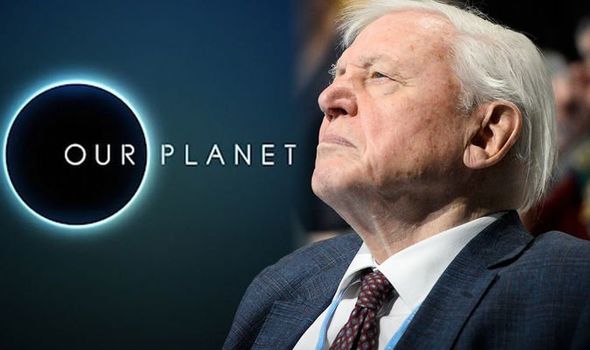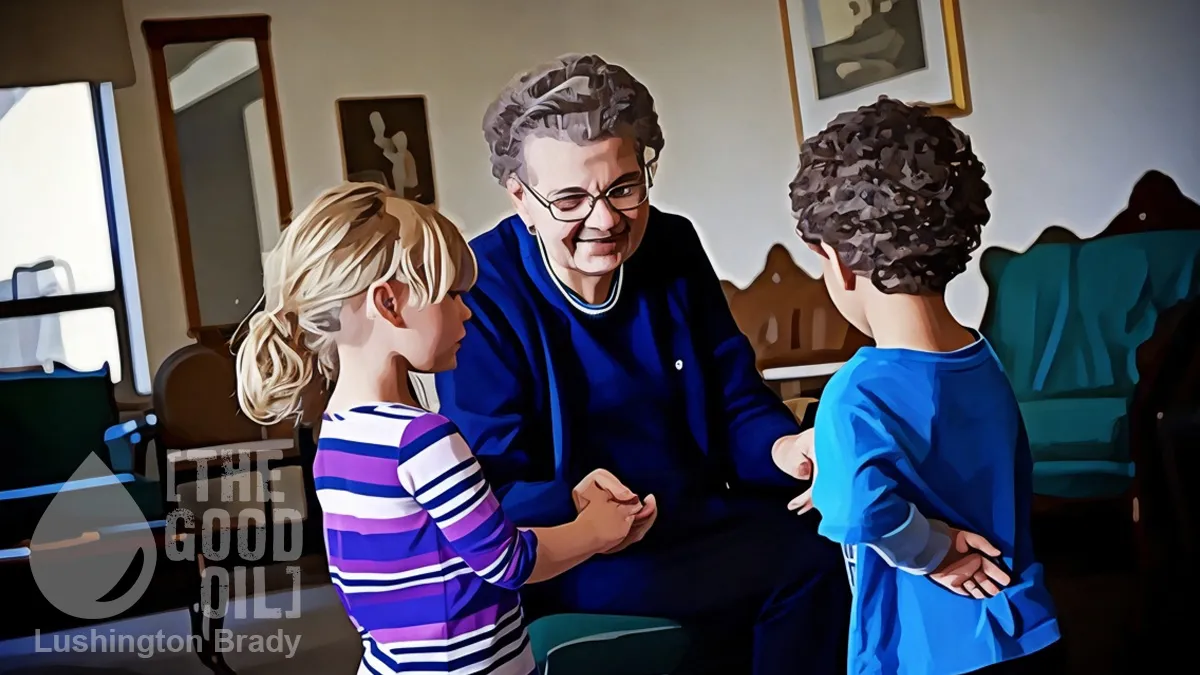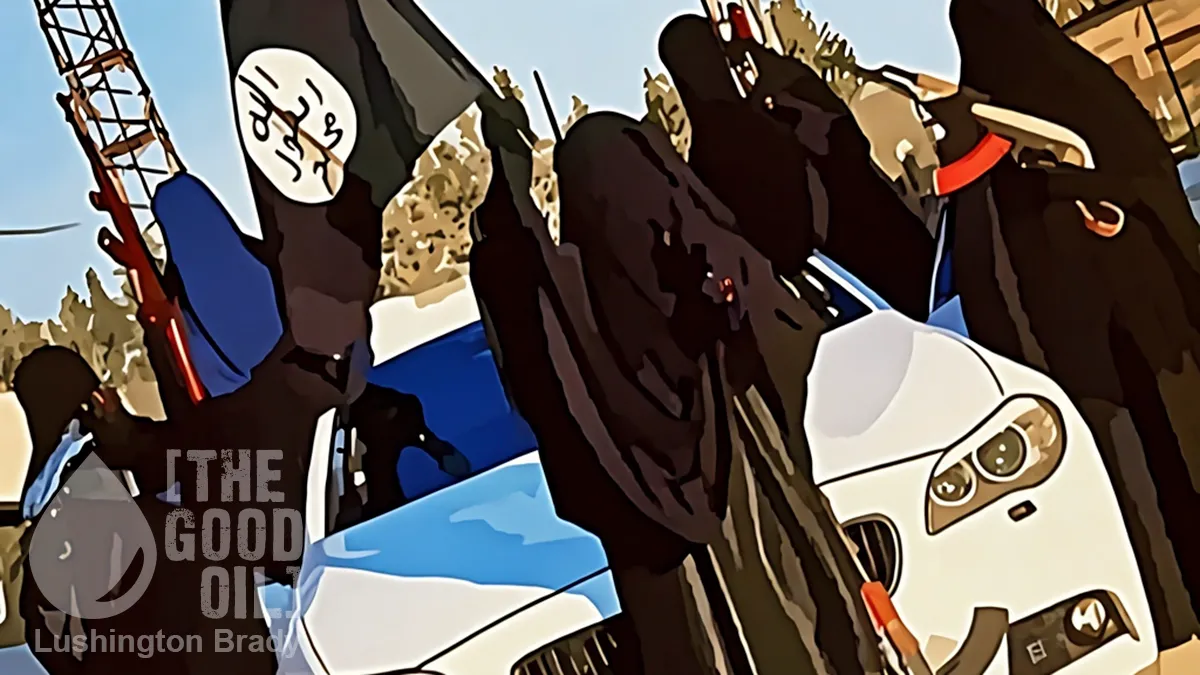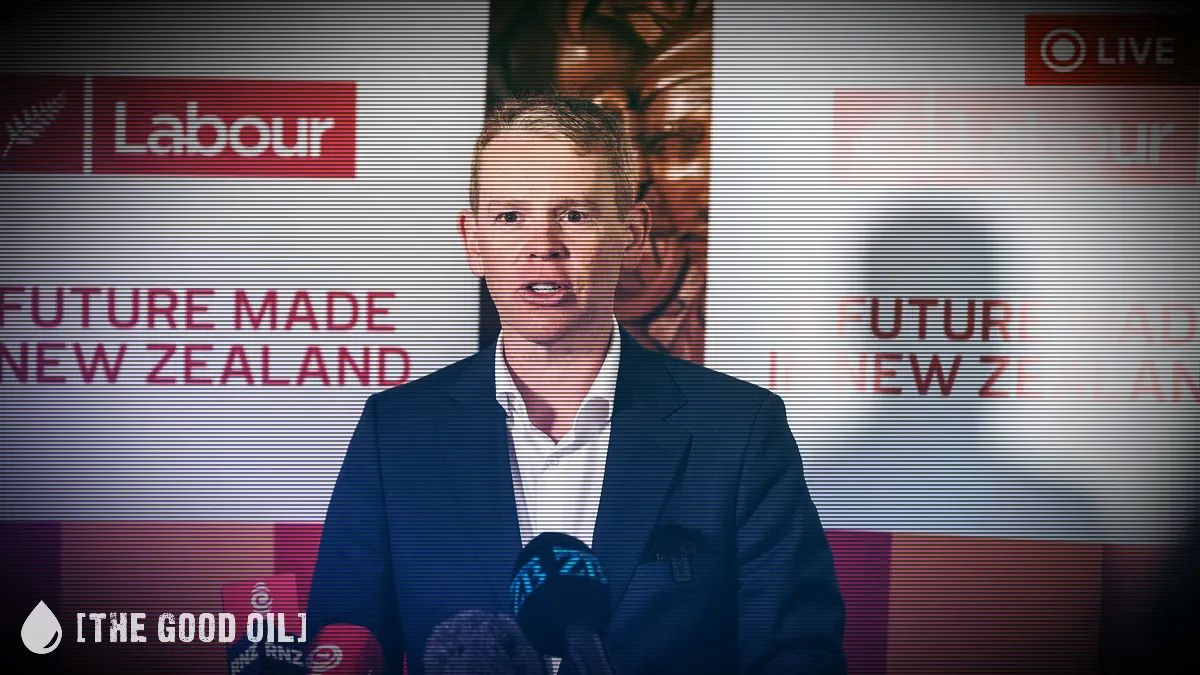Table of Contents

After all his years as an “expert” in wildlife, one would expect that David Attenborough would know that wild things kill other wild things for food. It is called Nature. But, oh no, he of the hushed voice-over blames it on climate change.
Quote.Netflix?s acclaimed Our Planet series has come under fire for ?tragedy porn? over images of walruses falling to their deaths from cliff tops, allegedly because of climate change.
The Our Planet footage, narrated by David Attenborough, showed dozens of the animals climbing up 80 metre high outcrops in northeast Russia because of a lack of sea ice.
They were shown plunging onto the rocks below, with hundreds of dead animals piled on the shoreline. A voice-over by Attenborough claimed their poor eyesight made it hard for them to return safely to the ocean.
But a Canadian zoologist has dismissed the claims as ?contrived nonsense? and said the walruses were most likely driven over the cliffs by polar bears.
Susan Crockford, of the University of Victoria in British Columbia, Canada, told The Telegraph UK:
?This powerful story is fiction and emotional manipulation at its worst.?
The polar bear expert said that at the time the footage was shot in 2017 at Kozhevnikova Cape, Ryrkaypiy, in eastern Russia, the town was being besieged by polar bears. According to The Siberian Times, 20 bears had surrounded the town, attracted by 5000 walruses that had appeared at a local protection zone.End quote.
Head of WWF Project Polar Bear Patrol, Viktor Nikiforov, told The Siberian Times: ?Many (walruses) crashed, falling from a height. Their rookery had attracted polar bears.
?The walruses were obviously frightened by the predators, panicked and fell from the top to their deaths.?
In 2015 the WWF reported that walruses had been coming ashore at Cape Kozhenikov every year since 2007 but had started arriving earlier in the season because of the retreat of ice ?far to the north.?
Dr Crockford told The Telegraph: ?We know that walruses reach the top of cliffs in some locations and might fall if startled by polar bears, people or aircraft overhead, not because they are confused by shrinking sea ice cover?.
In the documentary about the making of Our Planet, director Sophie Lanfear described the scenes of falling walruses as ?heartbreaking.?
?They would be on the ice now if they could be but there is no option but to come to land. It?s really hard to watch and witness this.
?It?s not like a quick death, they just like tumble and then get internal injuries and just lie there.?
Asked about Dr Crockford?s claims, Ms Lanfear said the crew had seen no polar bears near where they were filming.
?They were not being driven off the cliffs by the polar bears and we know this because we had two team members watching the cliffs from afar who could see the polar bears and were in radio communications with us to warn us about any bears approaching the crew closer to the walrus and the cliffs,? she told The Telegraph.
?Fundamentally, the reason walrus used this haul out location is because of a lack of sea ice in the region, meaning they are coming ashore more frequently than they did in the past.?
Attenborough?s Planet series has attracted controversy in the past. In 2011 the makers of the BBC?s Frozen Planet admitting faking the birth of a polar bear in the wild after filming it in a German zoo and two years ago Blue Planet II was accused of misleading viewers by placing hundreds of plastic ducks in the sea to highlight the crisis of plastic in the oceans.
Presumably, had the ice been there the walruses would not have fallen on to rock-hard rocks but rather on to rock-hard ice. They would then have given themselves a little shake and lumbered off into the water. No?
Think of all the fish that are not going to be eaten by the walruses now. Save the fishes!





